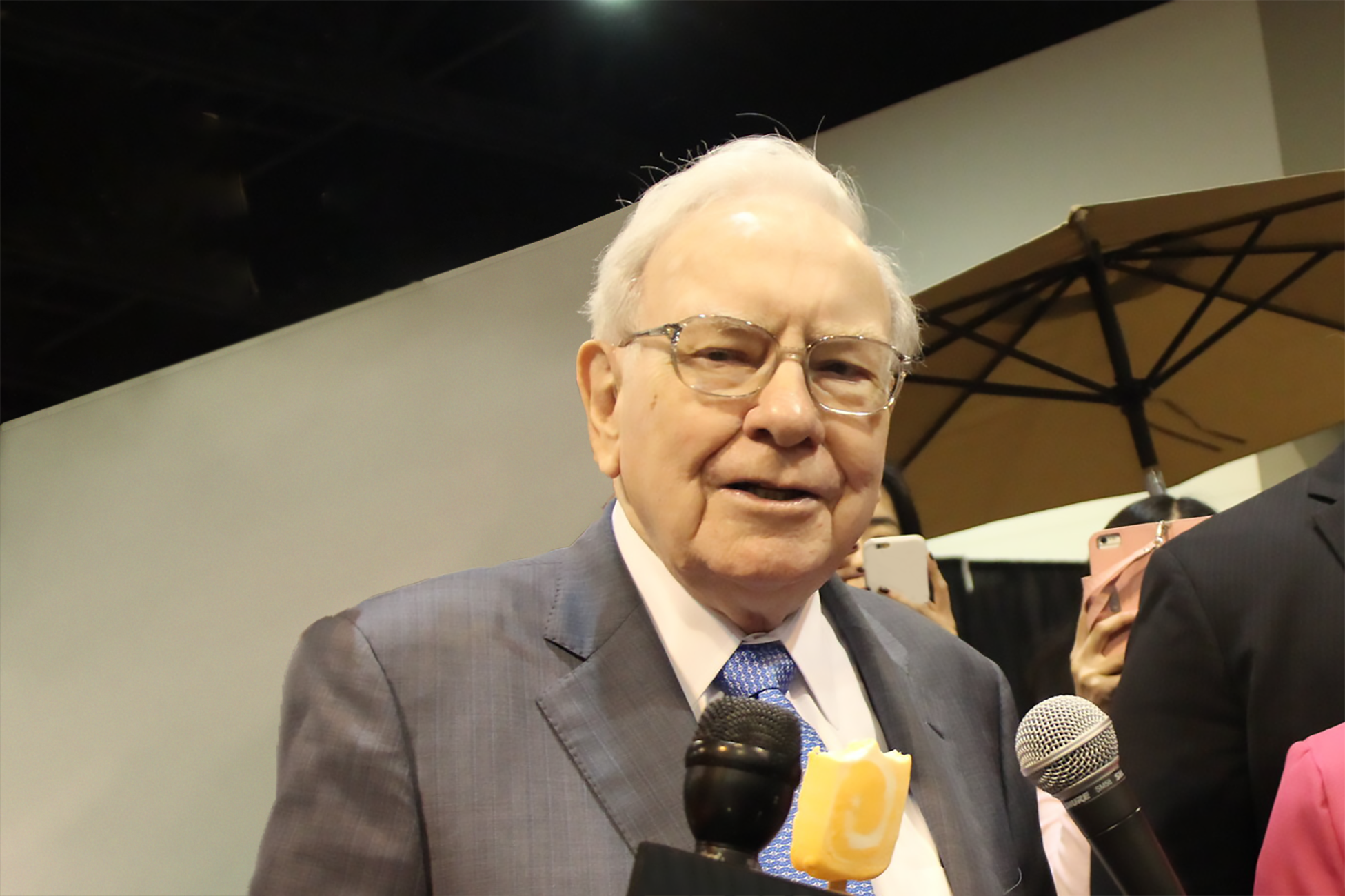
Apple's Pudong Shanghai store in China. Source: Apple.
After years of pushing for a tax holiday, Apple (AAPL +1.12%) may finally get what it wants. Reuters reported this week that the Senate is considering a tax holiday for corporations to bring some of their profits back the U.S., similar to one set up back in 2004. If Congress passes the break, it may mean some of Apple's $132.2 billion in overseas cash could be coming home.
Why a holiday?
The government is considering a new tax holiday for corporations to help prop up the Highway Trust Fund, which is expected to run out of money in late August. The money the U.S. Treasury collects from a tax holiday would go to this fund to help repair infrastructure and roads.
Back in 2004, the temporary tax reprieve lowered the corporate tax rate from 35% down to just 5.25%. That low percentage is what's expected again if the government approves such a holiday.
There was a lot of debate on the effectiveness of the 2004 tax break, with The New York Times reporting that, "... 60 cents to 92 cents of every repatriated dollar was spent on shareholder payouts in 2005." That's according to a 2011 paper by Dhammika Dharmapala, C. Fritz Foley, and Kristen J. Forbes, published in The Journal of Finance.
The article said another paper by Thomas J. Brennan of the Northwestern University School of Law found that when looking at the top 20 companies that brought cash back, "78 cents of every dollar was spent on permissible uses, and just 22 cents on impermissible shareholder payouts." And when the number of companies being looked at was increased to 341, "about 40 cents of every dollar was spent on impermissible shareholder payouts," which was much lower than the estimate in the Journal of Finance.
Much of the debate around the 2004 holiday was whether or not the repatriated cash equated to jobs, but the new holiday would take a much different approach by using the money for the Highway Trust Fund.
Is this good for Apple investors?
As AppleInsider noted this week, the 2004 tax holiday came before Apple built up its huge cash pile following the launch of the iPhone. The company currently has $156 billion in cash, with $132.2 billion of that overseas.
Recently, Apple has set up stock repurchasing programs and increased dividends by borrowing money to cover the costs. It's been much cheaper for Apple to do this than to bring its own money back to the U.S. at the 35% tax rate.
A Quartz article said last year that with Apple's rising cash hoard, it'll be hard for the company to continue keeping all of that money to itself.
"Apple's cash is 38% of its market valuation, and if that number keeps rising, the need to bring back more of it -- either to invest in developing new business or products, or to buy off investors -- will become more pressing."
While a tax holiday would be good news for Apple, it's hard to know exactly how much, if any, of that money would go to investors right now. Apple is already in the middle of buyback programs and has increased dividends for investors. But no matter what the company does with it -- if it can bring it back at all -- having easier access to it cash could only be a good thing for the company.






